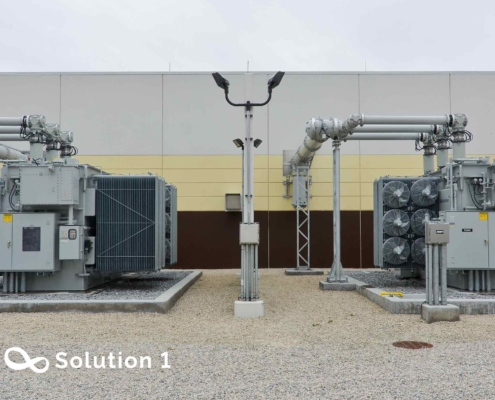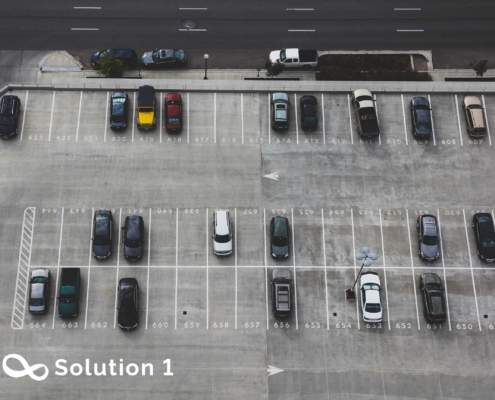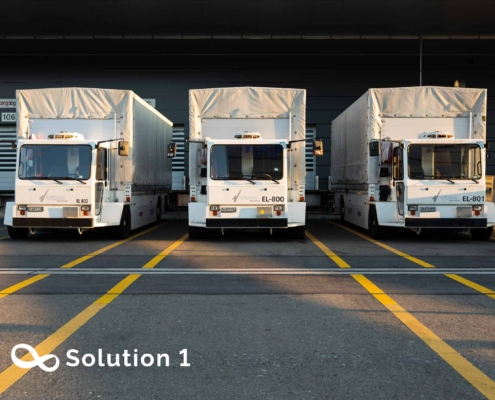
Electric buses are a new transportation trend due to their nearly zero air pollution.
Achieving the rate and scale of decarbonization required by the Paris agreement calls for a rapid shift to more efficient travel modes, and more energy-efficient technologies and fuel.

In recent years, the global electric bus market size is rapidly growing.
The first application of a full-electric bus was during Olympic Games 2008 in Beijing, followed by launching an electric bus with a range of 250-300 kilometers in 2010.

The transport sector is the source of most greenhouse gas emissions and is a major cause of air pollution in cities.
Diesel power currently dominates transit buses. Finite fossil fuel reserves and increasing global demand present uncertainties around the long-term availability.

Companies in the telecommunications network, software, and platform sectors are competing with one another to grab a share of this growing home energy management market.
In the past, energy management systems have been specifically designed for energy production and commercialization companies with the aim of monitoring and optimizing energy flows in the power system.

Smart grid technologies are meeting the challenges of the exponential growth of cities worldwide with increased resiliency and efficiency.
In recent years, with the exuberant development of networks, the concept of the smart grid is promoted vigorously. By promoting this, people hope to use and control energy efficiently.

Consumers’ ways of buying products and services have profoundly changed due to Information Technology.
The emergence of the electronic medium of commerce offers new opportunities to industries to adopt the Internet as their alternative marketing tools.

Being an important component of mobility-on-demand services, research on vehicle dispatching systems has been under attention for quite some time.
With the acceleration of urbanization and the rapid expansion of urban boundaries, the population structure and spatial layout of urban areas have also undergone tremendous changes.

The parking problem in residential areas of some large and medium-sized cities is increasingly prominent, and parking resources are generally tight.
The rapidly increasing number of vehicles without a corresponding increase in the availability of parking lots is causing problems in several cities worldwide.

At present, the total number of vehicles is huge, and the number of maintenance enterprises cannot meet the demand for maintenance.
In recent years, the profit proportion of automotive aftermarkets in the automotive industry is increasing day by day, and the automobile service industry is gradually growing with the development of the economy.

Artificial Intelligence is profoundly impacting the ways in which people across the globe interact.
A survey reported that, in 2050, the global urban population is expected to attain 66% to 70% correspondingly. This upsurge in urbanization would have a severe impact on cities’ management, security, and the environment.

